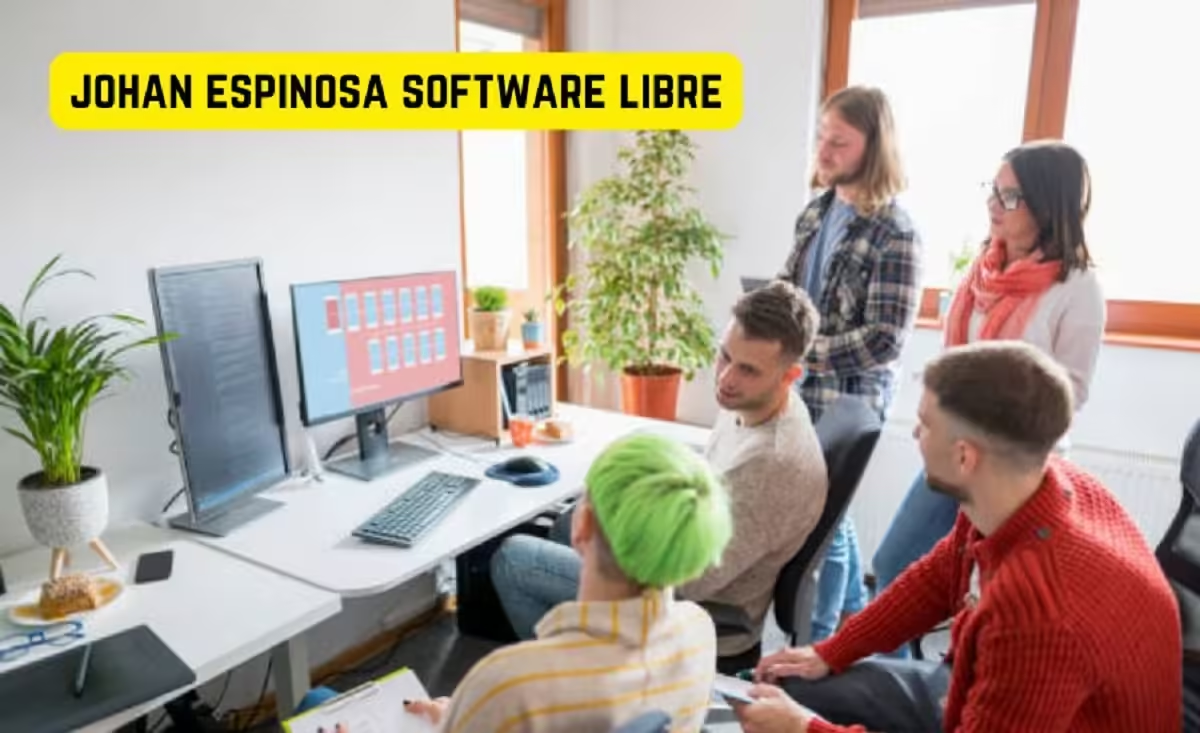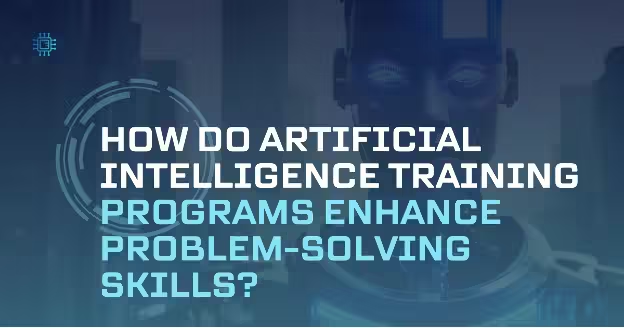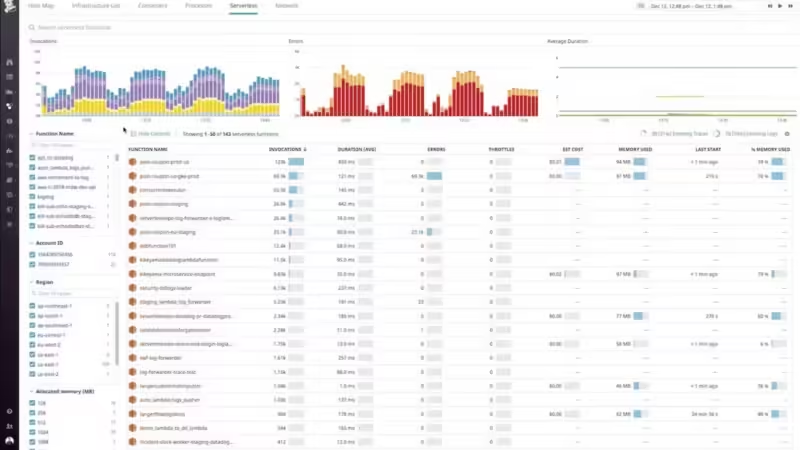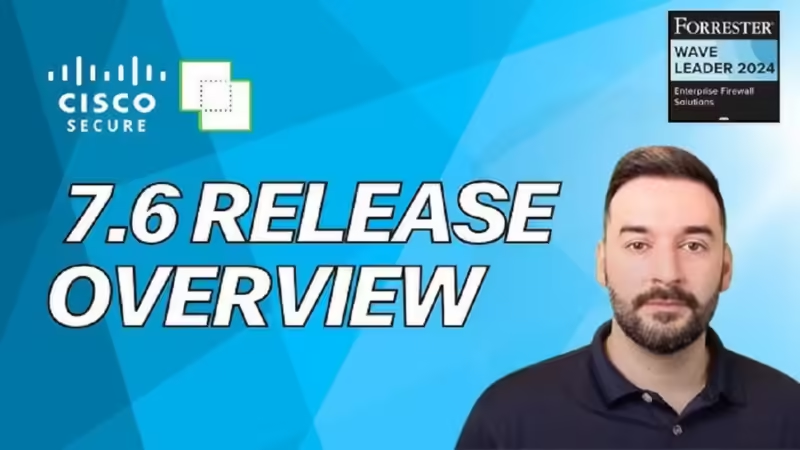Johan Espinosa and the Power of Free Software: A Commitment to Open Source Freedom

In the fast-evolving world of technology, certain individuals stand out for their dedication to freedom, transparency, and innovation. Johan Espinosa is one such figure. Known for his passion for free software, Espinosa has been an advocate for open-source technology, recognizing its potential to empower users. Promote collaboration, and encourage the sharing of knowledge without the constraints of proprietary licenses. His work in the field of software development has contributed significantly to the wider movement of free software (or “software libre”). A term that emphasizes the user’s freedom to run, modify, and share software as they see fit.
This article explores Johan Espinosa’s contributions to the free software community. The philosophy of open-source software, and the wider implications of embracing software libre in today’s tech-driven world.
Who is Johan Espinosa?
Johan Espinosa software libre developer and a staunch advocate for free and open-source software (FOSS). His involvement in the tech community goes beyond just writing code. While his career trajectory includes significant contributions to various software projects. Espinosa is perhaps best known for his efforts in promoting the principles of transparency. Collaboration, and freedom that are core to the FOSS movement.
What is Free Software?
Before delving into Espinosa’s contributions, it’s essential to understand what “free software” means. In this context, “free” does not simply refer to the cost of the software. But rather to the freedom it offers users. As famously defined by Richard Stallman, founder of the Free Software Foundation (FSF), free software is about ensuring that users have:
- Freedom to Run the Program for any purpose.
- Freedom to Study how the program works, and change it to suit your needs.
- Freedom to Redistribute Copies to help others.
- Freedom to Distribute Copies of Modified Versions to others.
These four essential freedoms allow users to have control over the software they use. This philosophy has been a driving force behind the open-source movement. Which Johan Espinosa software libre has supported throughout his career.
Johan Espinosa’s Contributions to Free Software
Espinosa’s advocacy for free software has manifested in several ways. He has contributed to open-source projects, participated in conferences, and written about the ethical considerations of software development. Some key areas of his contribution include:
- Development of Open-Source Tools: Espinosa has worked on developing and improving software tools that are freely available to the public. His focus has been on creating solutions that prioritize user autonomy and privacy.
- Educational Outreach: Understanding that advocacy goes hand-in-hand with education, Espinosa has been involved in teaching others about the benefits and philosophy of free software. He believes that the next generation of developers must be informed about the ethical implications of their work.
- Promotion of Free Software in Businesses: One of Espinosa’s most impactful initiatives has been his work with businesses, helping them transition to or adopt free software solutions. Many companies rely on proprietary software that locks them into a vendor’s ecosystem. But Espinosa argues that free software offers a way out of that dependence.
- Advocacy for Digital Rights: In a world where data privacy is increasingly under threat, Espinosa has also been a vocal proponent of protecting digital rights. He views free software as a key component in this fight. Offering individuals the ability to understand and control what their software is doing with their data.
The Importance of Free Software in Today’s World
The principles of free software have never been more relevant than they are today. As society becomes increasingly reliant on digital tools, questions about who controls these tools and how they are used have become critical. Proprietary software often comes with restrictions that limit what users can do, not to mention the data collection practices that are often hidden behind user agreements. Free software provides a solution by giving users the freedom to run, modify, and distribute software as they choose.
Johan Espinosa’s work in this space underscores the importance of these issues. By advocating for software libre, he is promoting a future. Where users are empowered, not restricted, by the technology they rely on. His efforts to educate and engage with both developers and businesses demonstrate his commitment to creating a world where software is truly free and open.
Conclusion
Johan Espinosa’s dedication to free software and open-source development is an inspiring example of how individuals can contribute to a more transparent, collaborative, and free digital world. By supporting the principles of Johan Espinosa software libre is ensuring that users retain control over their software and, by extension, their digital lives.
![]()






